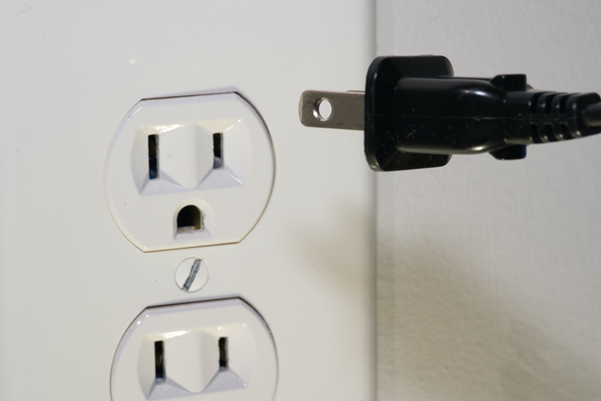Electrical Compliance Testing Can Make Your Business Safer
How Can Electrical Compliance Testing Make Your Business Safer?
Electrical compliance testing is an important step to take to ensure that your workplace is safe. But, why is this and what’s involved in electrical compliance testing?
Are you wondering what electrical compliance testing is and whether it’s necessary for your workplace? Electrical compliance testing involves thoroughly checking all the appliances and electrical circuits on your premises to ensure that they meet the Australian safety standards. It’s an important way to safeguard your business and employees.
What is electrical compliance testing?
The most common form of electrical compliance testing is known as ‘test and tag’. It involves testing and then tagging all the portable electrical appliances in your business – everything from microwaves and refrigerators through to hairdryers and electric drills. The appliances are tested by a qualified technician and then they’re tagged with a label which shows when they were tested, the name of the tester and the date the next test is due.
Other electrical compliance testing includes safety switch (RCD) testing and Fault Loop testing. Fault loop testing involves testing the power points and circuits in your business to check that the electrical circuit is working correctly.
Does it make my business safer?
Electrical compliance testing is an important safety measure for all businesses. As a business owner you have a duty of care to staff and visitors to your premises to ensure that all electrical equipment is in safe, working order. If an accident occurs in your business due to faulty electrical equipment, then you are potentially liable. Electrical compliance testing is a relatively inexpensive way to minimise the risk from electrical faults in your business giving you peace of mind.
How often do I need to test my electrical equipment?
How often you need to test your electrical equipment depends on the type of business you operate as regular electrical testing is mandated for some businesses. Speak to the technician you employ to do your electrical testing about the most appropriate schedule for your business.
If your business is classified as a ‘hostile operating environment’ then electrical testing is mandated for your business. A hostile working environment is a workplace where the electrical equipment or operating cord could in its normal working use be easily subject to damage. Industries such construction, demolition and mining fall under this category and electrical appliances used in those industries must be tested and tagged every three months. A non-hostile operating environment refers to a place of work that is dry, clean and unlikely to have operating conditions that would result in electrical damage.
Regardless of whether testing and tagging your equipment is mandated for your business, it is good business practice to test and tag all your equipment as it helps you make your business OH&S/WH&S compliant and protects everyone who comes onto your premises.
Prevention is always best
Testing and tagging your equipment is a relatively inexpensive and easy way to give you peace of mind that you are operating a safe, working environment. It’s always better to minimise risk and maintain electrical equipment properly through regular testing in order not to have expensive problems that can affect your insurance costs, your compliance history, not to mention the risk of someone being injured because of your failure to maintain a safe workplace.
Electrical Risk Assessments
An additional safeguard that you may want to consider is conducting an electrical risk assessment for your business. A risk assessment identifies any faults and hazards and enables you to take action to make your workplace safer. You can identify if you’re being proactive in managing electrical risk by answering some simple questions:
- Do you talk to your employees about electrical safety?
- Are your employees encouraged to report problems with electrical safety?
- Is your electrical equipment regularly inspected and tested?
- Have you fixed all known electrical safety issues?
A qualified technician employed to test and tag your equipment can help you identify additional risks around your business. A Fault Loop test can also identify if there are any issues with your electrical circuits.
Who do I talk to about electrical compliance?
There are many suppliers who can conduct electrical compliance testing at your workplace. Make sure that anyone you engage is qualified to conduct work meeting the Australian safety standards. It’s a good idea to look at engaging your testing contractor for the medium to long-term so they get to know your business and can identify changes over time. They should also keep records of the assets tested which can be important for compliance and insurance.
Jim’s Test & Tag conducts electrical compliance testing in Sydney, Melbourne, Perth, Hobart, Brisbane, Adelaide, Gold Coast as well as in many regional areas across Australia. Your local Jim’s Test & Tag franchisee can conduct testing and tagging of all your electrical appliances as well as RCD (safety switch) testing and Fault Loop testing. They can also assist with Fire Protection testing, checking of first aid kits and the testing of emergency exit lighting at the same time.
A Two-Storey House and Young Children Or Pets In Australia 2022
February 17, 2022What is Powder Coating In Australia 2022
February 16, 2022



